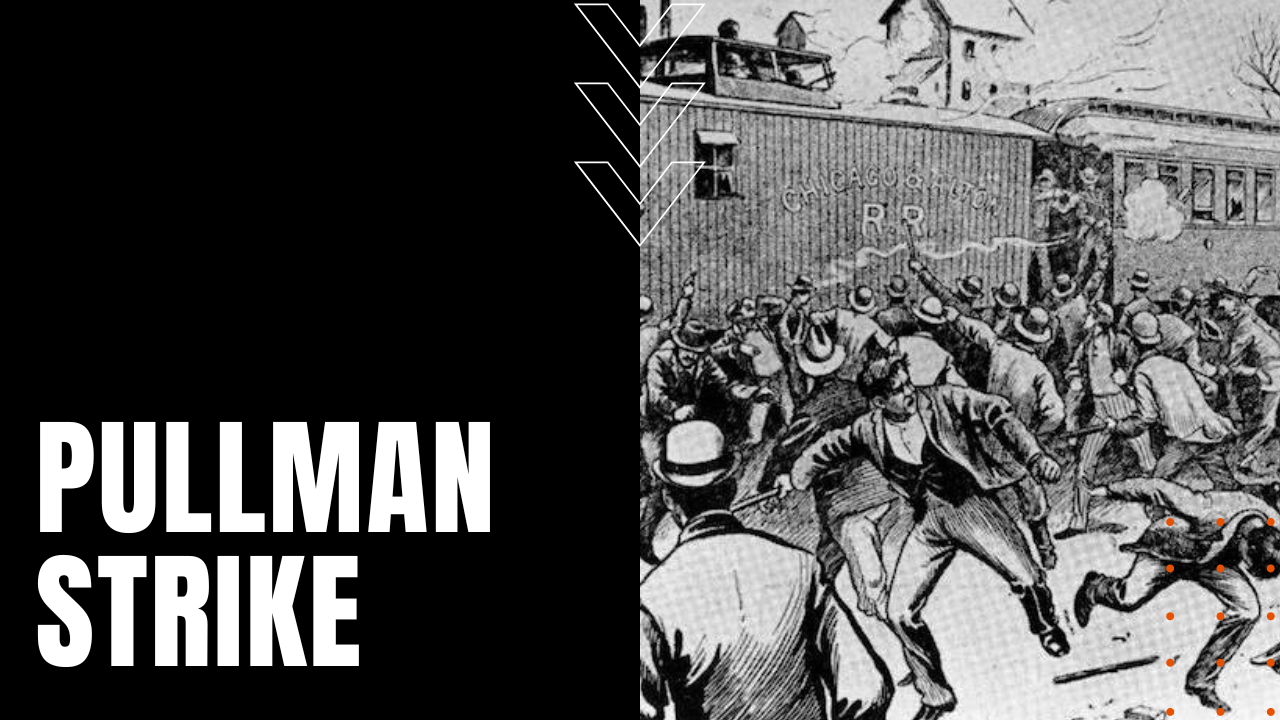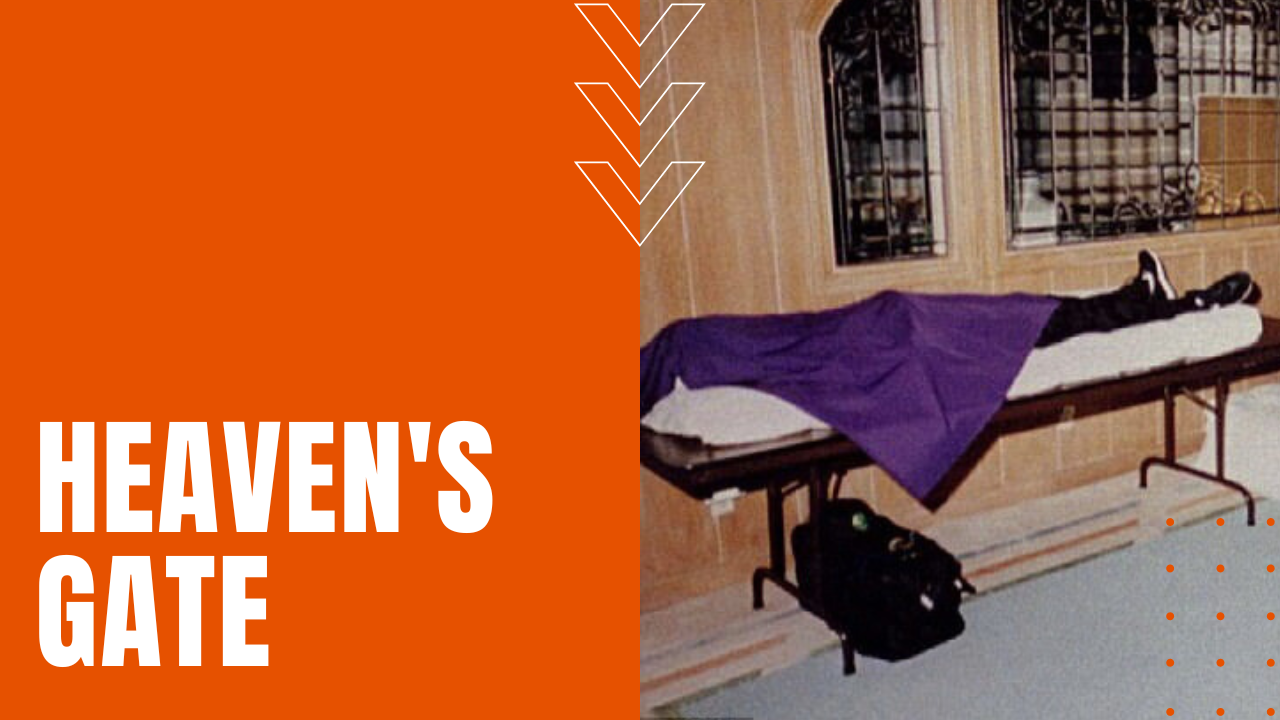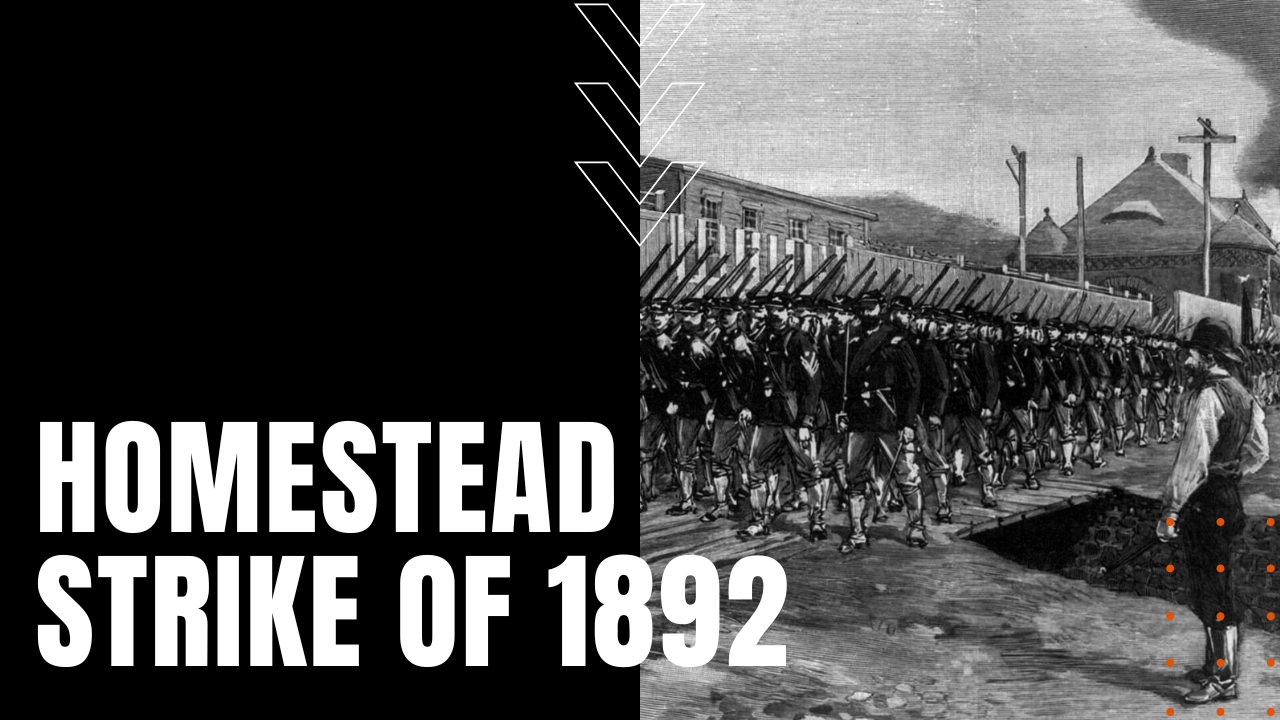-
May 30, 2023
Shootout at O.K. Corral
Infamous 1881 shootout at O.K. Corral: Legendary Wild West clash between lawmen and outlaws in Tombstone, Arizona. Gunslinger showdown with lasting historical impact.
-

-
May 26, 2023
The Military Traditions of Taps
Taps is a military tradition that originated during the American Civil War and is played at military funerals and ceremonies to honor fallen soldiers.
-

-
May 25, 2023
The Pullman Strike of 1894
The Pullman Strike of 1894 was a nationwide railroad strike led by Eugene V. Debs and the American Railway Union, protesting wage cuts and poor working conditions for Pullman Palace Car Company employees. The strike was eventually broken up by federal troops, leading to the imprisonment of Debs and the decline of the ARU.
-

-
May 24, 2023
Arlington National Cemetery
Arlington National Cemetery is a military cemetery in Virginia, USA, where over 400,000 service members and their families are buried. It is a place of honor and remembrance for those who have served their country.
-

-
May 23, 2023
Plymouth Colony
Plymouth Colony was an English colonial venture in North America from 1620 to 1691. It was founded by a group of Separatists who had left England seeking religious freedom. The colony played a significant role in the history of the United States, including the first Thanksgiving celebration.
-

-
May 18, 2023
Heaven’s Gate
Heaven’s Gate was a cult founded in the 1970s by Marshall Applewhite and Bonnie Nettles. In 1997, 39 members committed mass suicide to reach an alien spacecraft.
-

-
May 17, 2023
Homestead Strike of 1892
The Homestead Strike of 1892 was a violent labor dispute between the Carnegie Steel Company and its workers over wages and working conditions.
-
